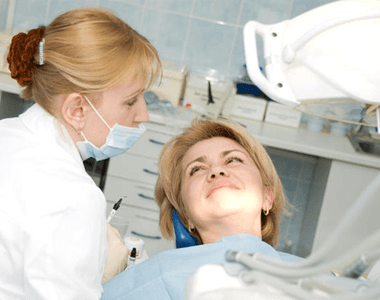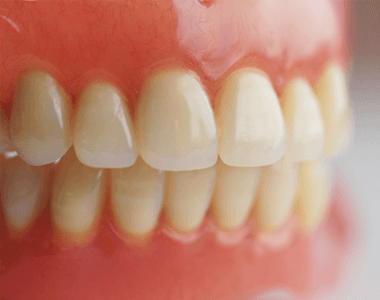Dental sedation in North Finchley
If you are an especially nervous patient, a trip to the dentist needn't be a stressful experience.
What is intravenous (IV) sedation?
IV sedation is when a sedative is given into a vein.
If you are nervous about having dental treatment or you are having a procedure which may be more complex, intravenous (IV) sedation is an effective and safe treatment.
Why do I need IV sedation?
It is an ideal way of helping you to relax if you are nervous about dental treatment.
What are the benefits?
While under IV sedation, you will feel deeply relaxed but you will still be able to understand and respond to requests from the dentist.
You may be unaware of the operation and this form of treatment is ideal for patients who wish to avoid the noise and vibration of the drill.
Are there any risks?
IV sedation is safe when it is supervised or carried out by a specially trained dentist.
IV sedation has four main effects:
• It will reduce your anxiety and make you feel relaxed.
• It will make you feel sleepy.
• It will make you less aware of the procedure.
• It will result in partial – or total loss of memory of the procedure.

How should I prepare for IV sedation?
• Take your routine medicines at the usual times, unless advised otherwise.
• Have a light meal 1-2 hours before you attend.
• Do not take alcohol or recreational drugs, including cannabis, 48 hours before your treatment.
• Bring a responsible adult with you. This escort must be over the age of 18 and personally known to you. They must arrive and remain in the waiting room. They must be able to escort you home and care for you for the rest of the day.
• Do not bring children or babies with you to your appointment. We will not undertake treatment if a child/baby comes with you or your escort.
• Sedation is not possible if you are pregnant, so be sure to tell us.
• Nursing mothers cannot breastfeed for 12 hours after sedation.
• Car parking is available
What happens during IV sedation?
An extremely thin plastic tube will be put into a vein either in one of your arms or in the back of one of your hands.
A drug will then be injected which will quickly make you feel very sleepy and relaxed.
Throughout the procedure you will have a monitor attached to your finger to measure your pulse and oxygen levels. Your blood pressure will be checked before and after the procedure.
Sedation will make you feel relaxed and you may forget much of the visit.
You will also be given a local anaesthetic, after the sedation. This involves an injection into the gum surrounding the area that you are having treated and it is similar to those your dentist may have given to you for fillings. The injection will take a couple of minutes to numb the area and it ensures that you will feel no pain during your treatment.
The length of time you will be sedated varies depending on the treatment you are having.
What happens after IV sedation?
You will need to stay in our recovery area until you are considered ready
Recovery usually takes about an hour but can be longer.
The effects of sedation can last up to 12 hours, for this time rest at home and:
• Do not travel alone – travel home with your escort, by car if possible.
• Do not drive or ride a bicycle or a motorcycle.
• Do not use machinery.
• Do not drink alcohol.
• Do not return to work or sign legal documents or carry out any financial transactions.
• Do not care for others.
• Do not use social media.
We are working together to give our patients the best possible care.

All Smiles In Finchley is within easy reach of residents of Mill Hill East, Barnet, East Finchley, Finchley Central, Friern Barnet and Southgate. Call 020 8445 2114
